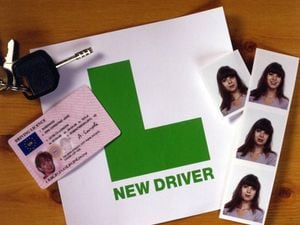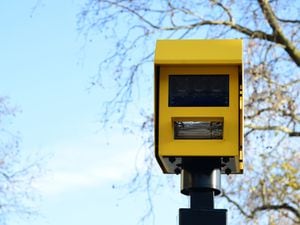Family of crash victim demand restrictions on new drivers carrying passengers
Family of Caitlin Huddleston are backing calls for a graduated licence scheme, which would restrict inexperienced drivers from carrying passengers

A Cumbria coroner and the family of a car crash victim are calling for the government to introduce a new graduation scheme on driving licenses, after a tragic accident which left two people dead and two seriously injured.
Skye Mitchell, aged 18, lost control of the Toyota Yaris she was driving and crashed head-on into a Ford Transit in July last year. She and front-seat passenger Caitlin Huddleston died, while back-seat passenger Ellis Marr and the Transit driver, Patrick Troll, were left seriously injured. Troll remains in hospital.
Now, Huddleston’s family and the assistant coroner for Cumbria, Robert Chapman, are calling for driving licenses to be restricted until new drivers have achieved a certain level of experience. Chapman agreed to write to the government requesting such a scheme.
Huddleston’s mother, Sharron, said: “Caitlin and Skye are victims of an outdated system which cuts the lives short of a serious number of young adults and new drivers whilst destroying and rewriting families’ lives on an almost daily basis.”
Currently, the only difference between a new and full licence holder in the UK is with regards to penalty points. While most drivers can rack up 12 points on their licence before risking a driving ban, the limit is only 6 points within the first two years of passing the test.
A graduated system would see drivers placed on a restricted licence immediately after passing their test. New Zealand has had such a scheme in place since 1987, where drivers must driver on a restricted licence for two years before progressing to a full one.
Motorists in New Zealand must first hold a ‘learner’ licence for six months, which only allows for instruction by a full licence holder and with the display of learner plates.
Upon passing the practical driving test, a restricted licence is issued which prohibits motorists from driving on their own before 5am or after 10pm, and only allows specific passengers such as family members or partners.
The road safety charity, Brake, supports such measures. It said: “Brake recommends GDL as a vital, life-saving policy because young drivers in all countries are known to be at very high risk of serious and fatal crashes, and GDL helps to address this.
“This is down to many reasons, including young drivers’ overconfidence, lack of experience, and propensity for risk-taking. GDL addresses these by providing a minimum-length supervised learning period and limiting exposure to some of the highest risk situations, such as night-time driving, for newly qualified drivers.”





